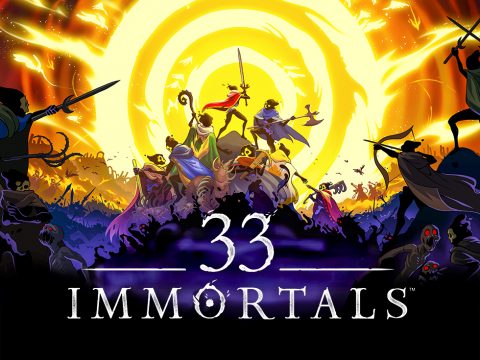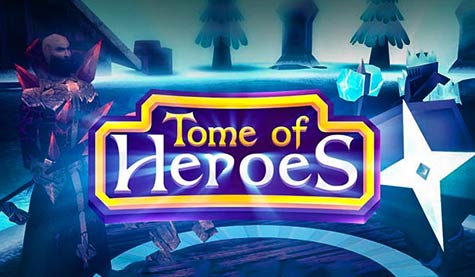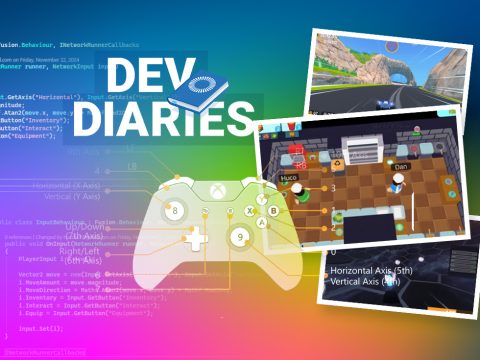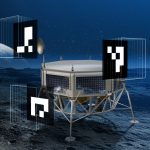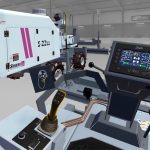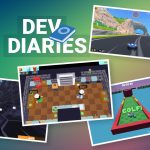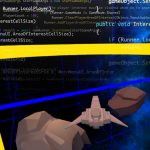Indus – Battle Royale powered by Photon Fusion
SuperGaming, the team behind popular titles like MaskGun and Battle Stars, had an ambitious idea: to create Indus – Battle Royale, a game that would stand out in the crowded world of multiplayer games while being tailored for Indian players. They wanted something big, something immersive, and something mobile-friendly. When they turned to us to help make it happen, we were excited to get involved. The result? Even before its official launch, the game has already caught the attention of millions of players.
Tackling Network Issues to Keep Gameplay Smooth
Building a 60-player battle royale game for mobile is no small feat – especially in a market like India, where network conditions can be unpredictable. Therefore, SuperGaming was looking for a partner with a multiplayer solution that could help handle the load while delivering smooth, responsive gameplay.
“The decision came down to our core requirement,” the team explained. “We needed a 60-player shooter with precise hit detection and movement. Photon’s state-sync networking and dedicated-server architecture gave us exactly what we needed.” Beyond that, the built-in client-side prediction and rollback support were essential for keeping gameplay smooth, and custom interest management kept network traffic efficient.
With Photon Fusion handling the heavy lifting, Indus was able to offer a seamless experience that worked even on less-than-ideal connections – something critical for players across India.
Getting Gunplay Right: Fixing Hit Registration and Lag
In a battle royale, precision in gunplay can make or break the experience – and on mobile, with its mix of devices and varying network conditions, that’s a huge challenge. For SuperGaming, getting accurate hit registration to work reliably was one of the toughest hurdles in Indus’ development.
“Bullet hit registration was our biggest technical hurdle,” they shared. “In a mobile game, you’re dealing with varying network conditions and device capabilities, which makes accurate hit detection particularly challenging.” Photon’s lag compensation system became the key to solving this, helping the game maintain accuracy even for players with higher latency. “The sub-tick input processing also improved overall responsiveness, making combat feel more precise and fair.”
Fusion’s sub-tick input processing didn’t just help with precision – it brought a whole new level of fluidity to the game. By reducing input lag and registering player actions more frequently, it made combat feel smoother and more satisfying. This blend of features helped Indus raise the bar for gunplay in mobile battle royales.
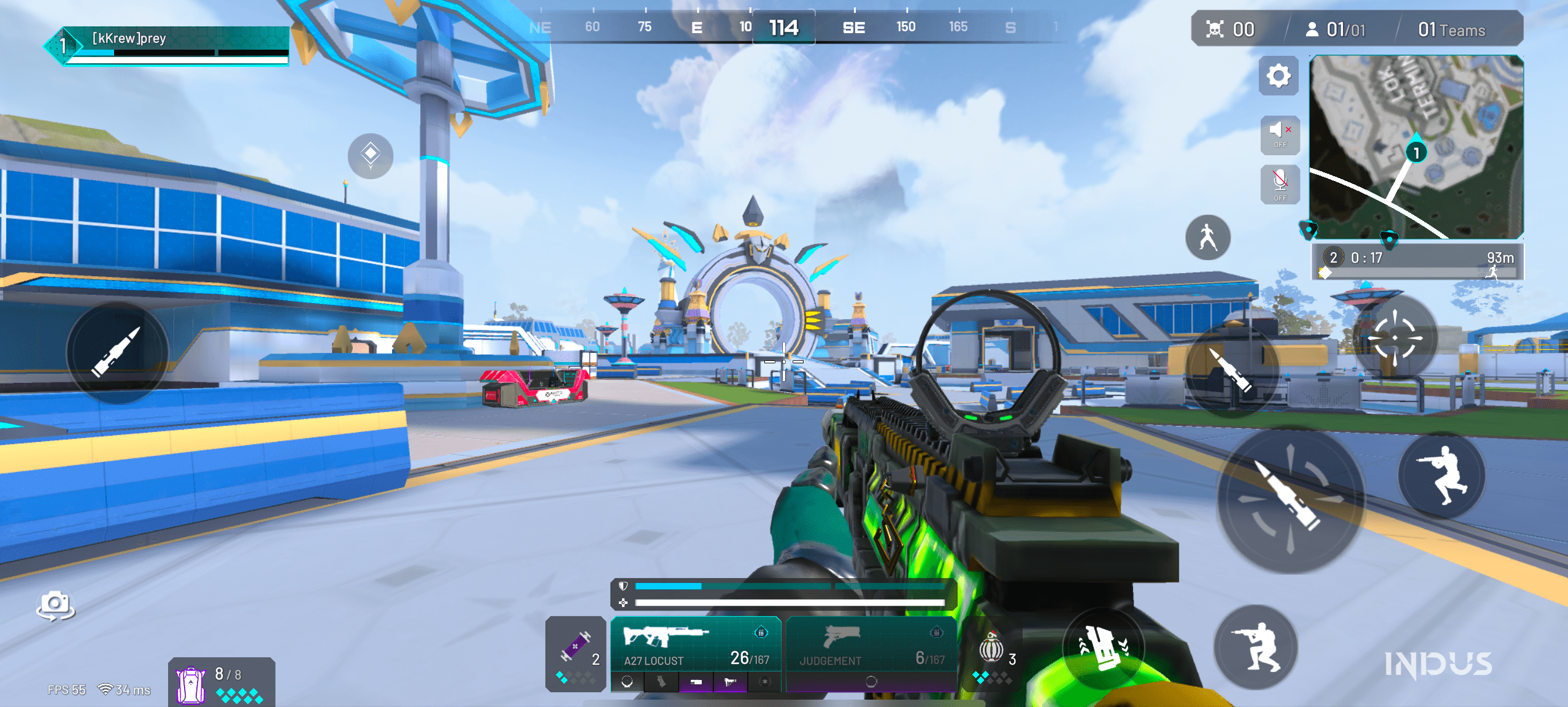
Simplifying Development with Tools and Community Support
Photon not only offered technical capabilities but also transformed SuperGaming’s development process. With powerful tools and an active support ecosystem, Photon helped the team iterate and refine their game quickly and efficiently.
SuperGaming noted: “The impact on our development process has been substantial. We can quickly prototype and test new gameplay features without getting bogged down in networking code. The ability to fine-tune parameters like tick rates and accuracy thresholds lets us balance performance and gameplay feel effectively. What’s really made a difference is the community support – whenever we’ve hit a roadblock, the Discord community and support team have helped us find solutions quickly.”
Key benefits included:
- Rapid Prototyping: Fusion allowed the team to test new gameplay features without building complex networking systems from scratch.
- Performance Tuning: Adjustable parameters like tick rates enabled optimization for diverse devices while maintaining gameplay consistency.
- Community and Support: Photon’s active Discord and dedicated support channels ensured timely solutions to challenges, reducing downtime.
Smarter Loot Handling: Managing Interest at Scale
Managing the loot system for 60 players spread across a massive map came with its own set of challenges. With thousands of items to keep track of, SuperGaming needed a way to update players without bogging down the network.
“Our loot system is probably the best example of how Photon helped. The interest management system lets us update players only about the loot that’s nearby, while the eventual consistency system makes sure that everyone stays on the same page, even if there’s a network hiccup.”
By updating players with only the most relevant data, Fusion’s Area of Interest feature helps reduce unnecessary network traffic. At the same time, eventual consistency kept everyone in sync, ensuring that all players see the same game world, even during temporary network issues. Summing it up, “We’ve built a system that can handle thousands of items without putting too much strain on the client.” The result is a smooth, fair, and engaging loot experience that feels seamless in real-time.
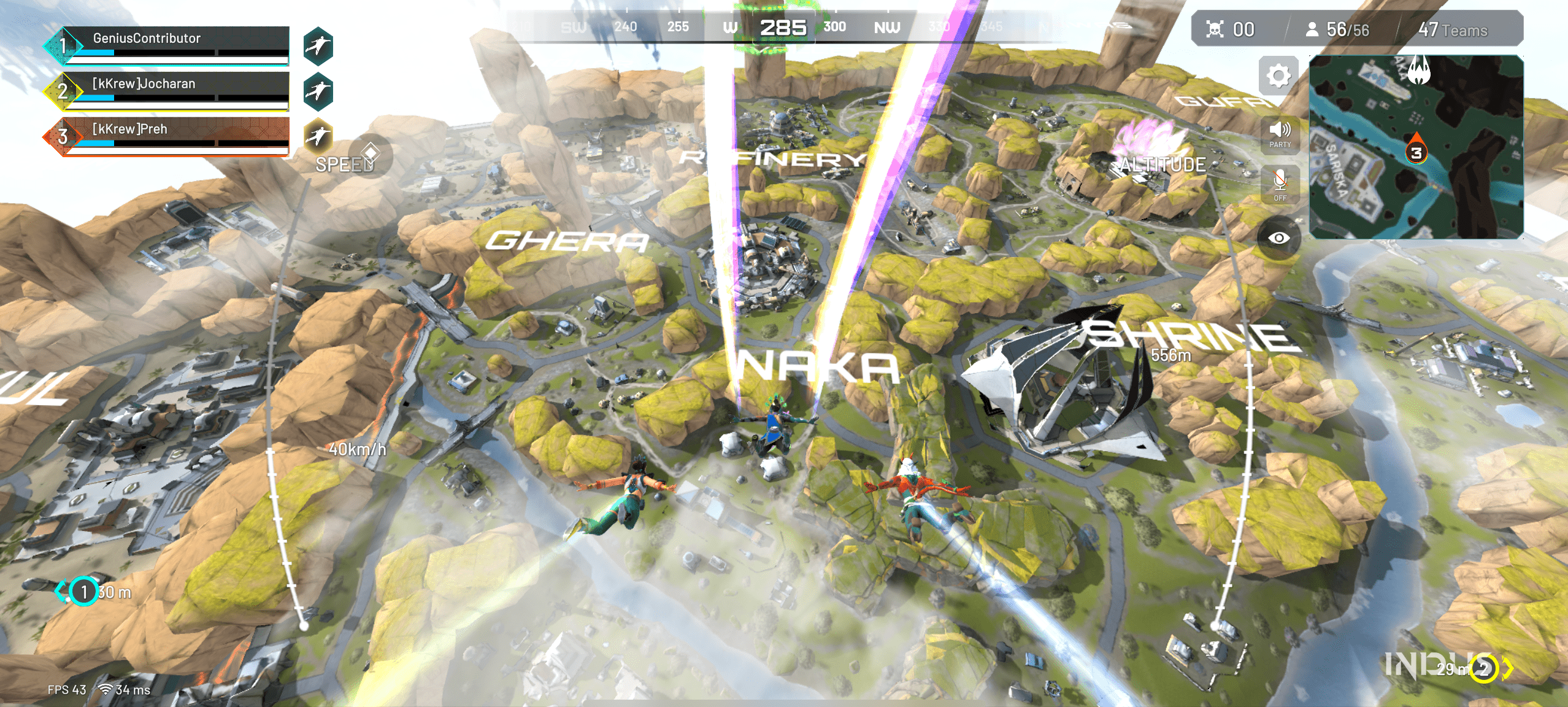
Mixing Indo-Futurism with Battle Royale Fun
What really makes Indus stand out is its unique blend of ancient Indian culture and futuristic design. The game draws inspiration from the rich history of the Indus Valley Civilization, but it pairs that with cutting-edge tech to create something fresh and new. It’s this mix of tradition and innovation, along with a focus on community-driven development, that has really clicked with players.
Even before the game officially launched, it racked up over 5 million pre-registrations on Android alone, showing just how excited people are for it. This kind of buzz signals that Indus has the potential to be more than just a game – it could become a cultural phenomenon in India’s rapidly growing mobile gaming scene.
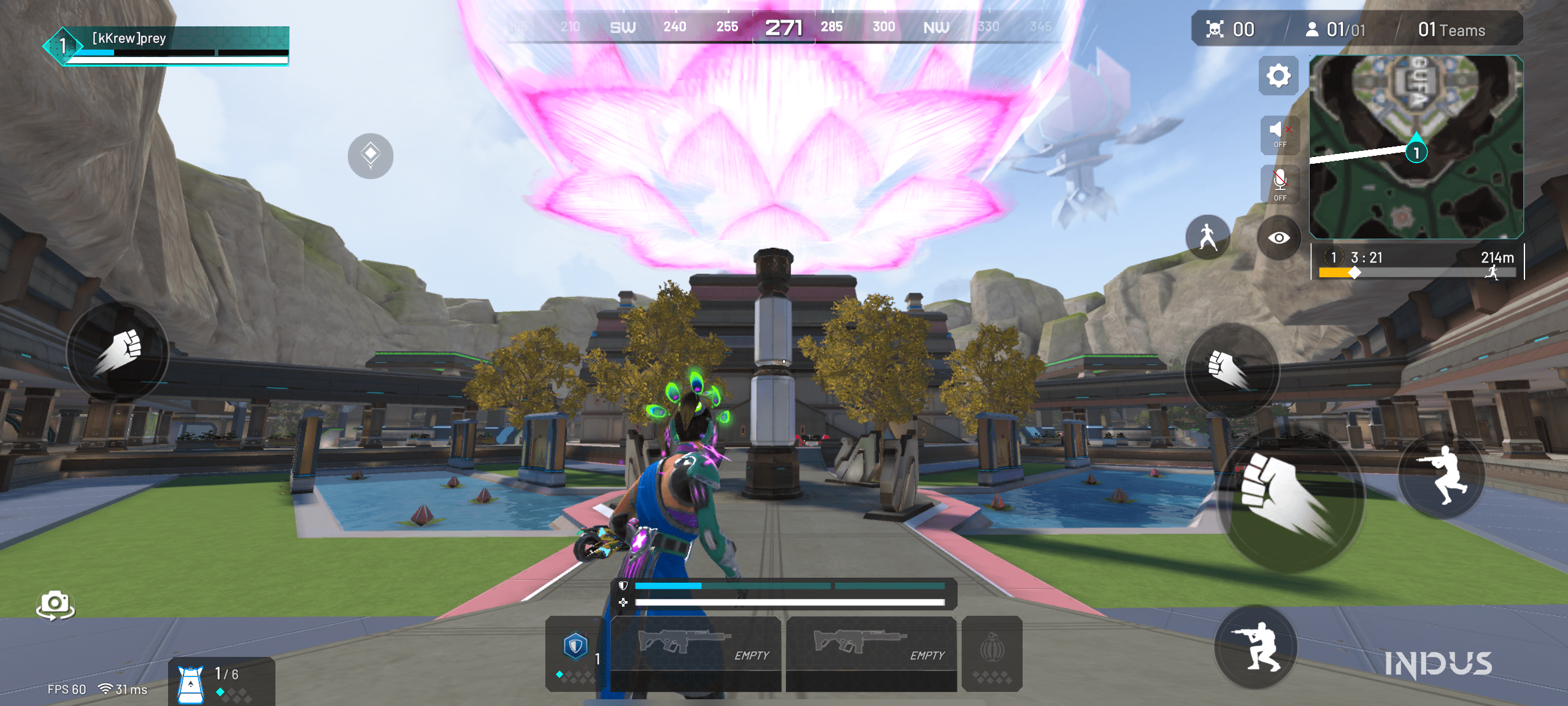
How Photon Helped SuperGaming build a Better Battle Royale
SuperGaming’s Indus – Battle Royale really shows what happens when great game design is picked up by a talented team and paired with a powerful multiplayer engine.
“The engine has completely changed the way we develop. A lot of the networking features we would’ve had to build from scratch are already there, which means we can focus more on gameplay and less on the backend. Plus, the debugging tools have made a huge difference. We can quickly figure out where sync issues or performance problems are coming from and fix them fast.”
Photon is proud to have helped bring Indus to life, and we’re excited to continue supporting SuperGaming as they push the boundaries of mobile gaming.
Ready to build your own successful multiplayer game? With Fusion and Quantum by Photon, it’s never been easier to integrate cutting-edge multiplayer features into your project. We offer the industry’s most advanced tools, comprehensive support, and everything you need to get started – from downloadable samples to detailed documentation.
Take the first step today – download Fusion or download Quantum and start building. If you’re looking for in-depth assistance, join our Gaming Circle, where you can connect directly with our developers and get expert guidance throughout your journey.
Your multiplayer success story starts here!
Join us on Discord, YouTube, BlueSky , X and LinkedIn – we can’t wait to see what you create!
